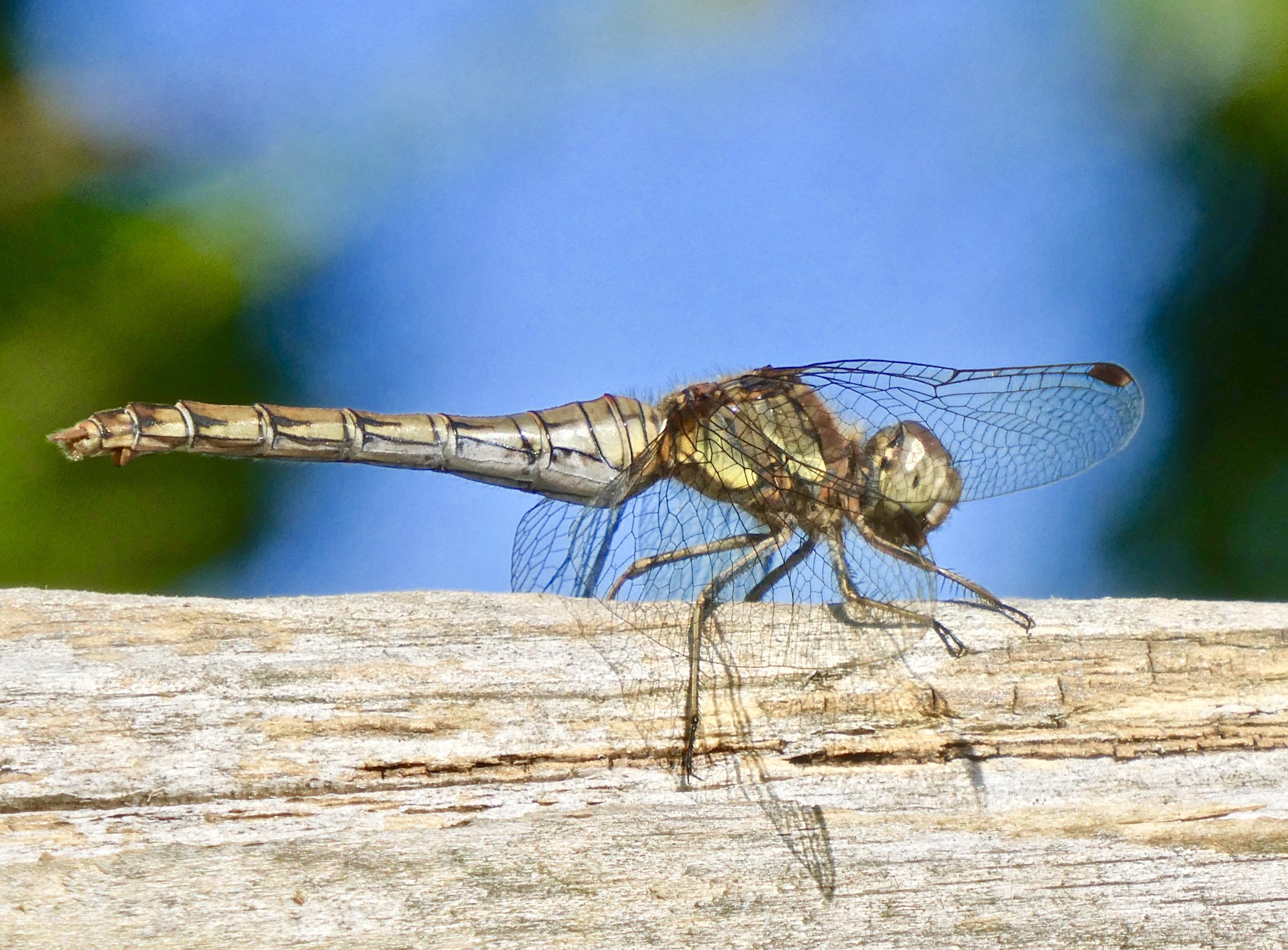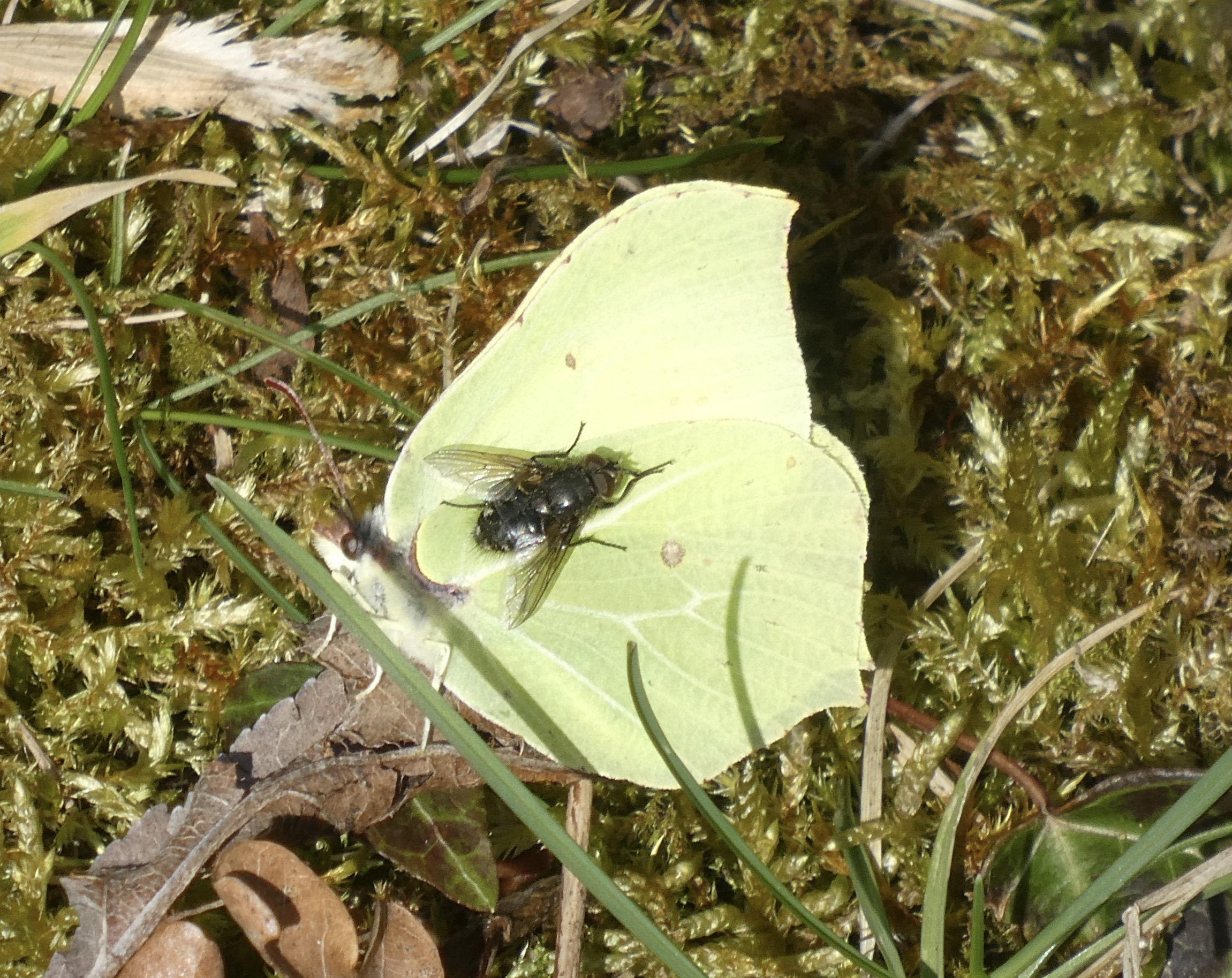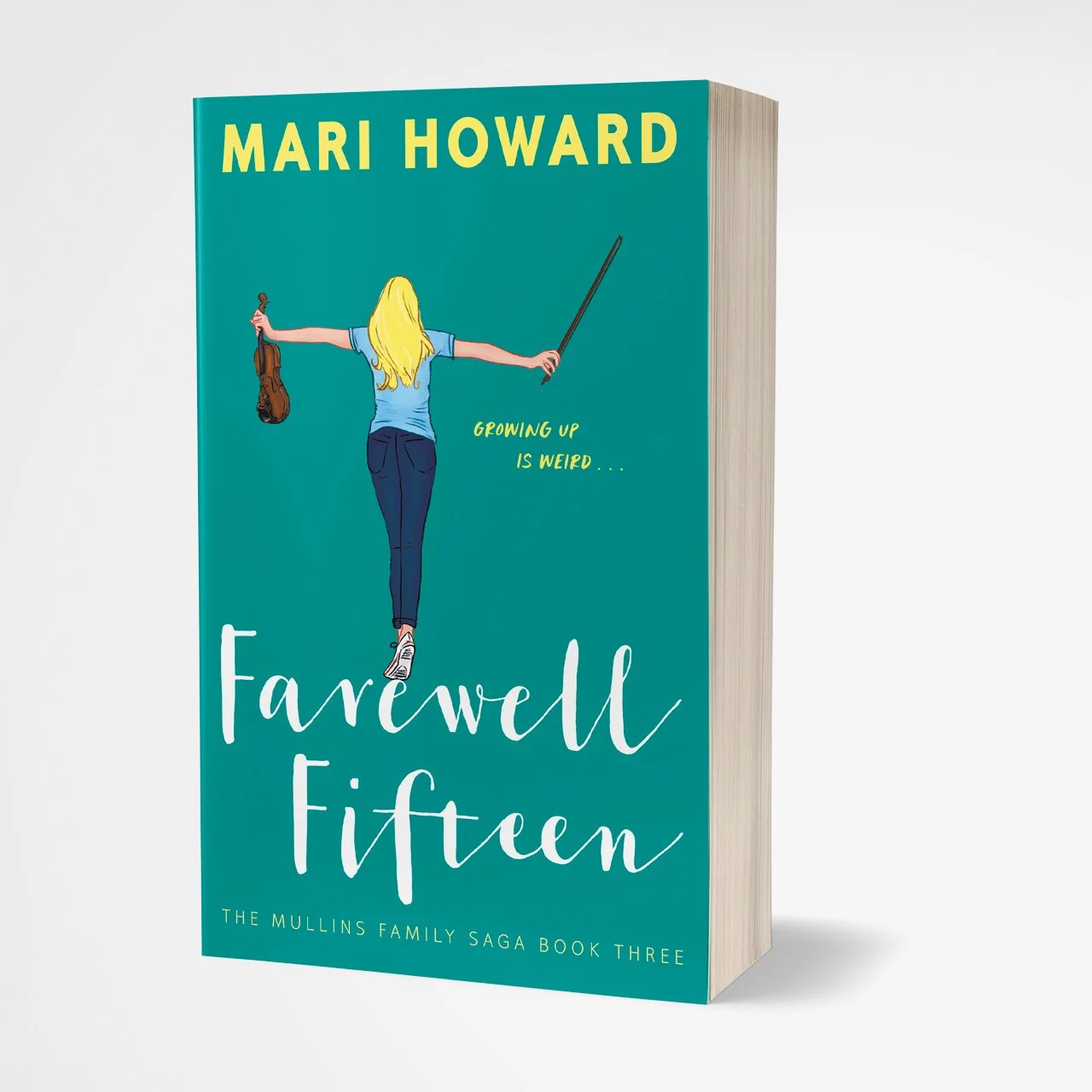Mari Howard is the nom de plume of Clare Mariella Howard Weiner. Clare died suddenly on 7 December 2023. Through her final year of life, she felt increasingly lacking in energy, but was determined to complete her third novel, though she stoutly declared that she had no intention of writing any more novels.
Clare was a woman of many talents, full of life and curiosity, and intensely creative. She had a profound love of the natural world. When she went out for her daily walk in the local wildlife preserve, she would constantly stop to take photographs. She loved the swans who nested locally and the plethora of swan photos record her delight in the growing up of the cygnets and in the spectacular behaviour of these birds on the water, sometimes contrasted with their ponderous trudging on land. She took beautiful pictures of butterflies, dragonflies, and damselflies. She made close-ups of flowers and leaves in intriguing configurations that most of us wouldn’t notice. On her return home, many of these would become sketches, and the sketches would become paintings, many of which you can view on this website.
Clare saw stories in nature and in the activities of human beings. She observed people with fascination and delight and, having processed these impressions, wove them into her novels, stories, and poems. Her paintings, stories, and poems were narratives, or suggested them.
As a person, Clare was not especially adventurous, not a great risk-taker; but as a writer, she went quietly into more than a few extreme regions of social life. In Never Mind the Family (Baby, Baby) she included a grossly dysmorphic baby, who, though dead, features like a live character through many scenes. In Love is a Labyrinth (The Labyrinth Year) she scrutinized the plight of children with chromosomal abnormalities and the downsides of IVF. While remaining in a drawing-room setting, she determinedly propelled her secularist characters and Bible-believing characters into close proximity. And in Farewell Fifteen, the risk-taking is the telling of a story through the eyes of a teenager by an author in her mid-seventies!
Clare loved to portray the foibles and fancies of people, but always did it with compassion and respect. People are humorously portrayed but not mocked or rubbished. She saw the good in all her characters and she allowed them to grow and change, to live, lose, and learn.





